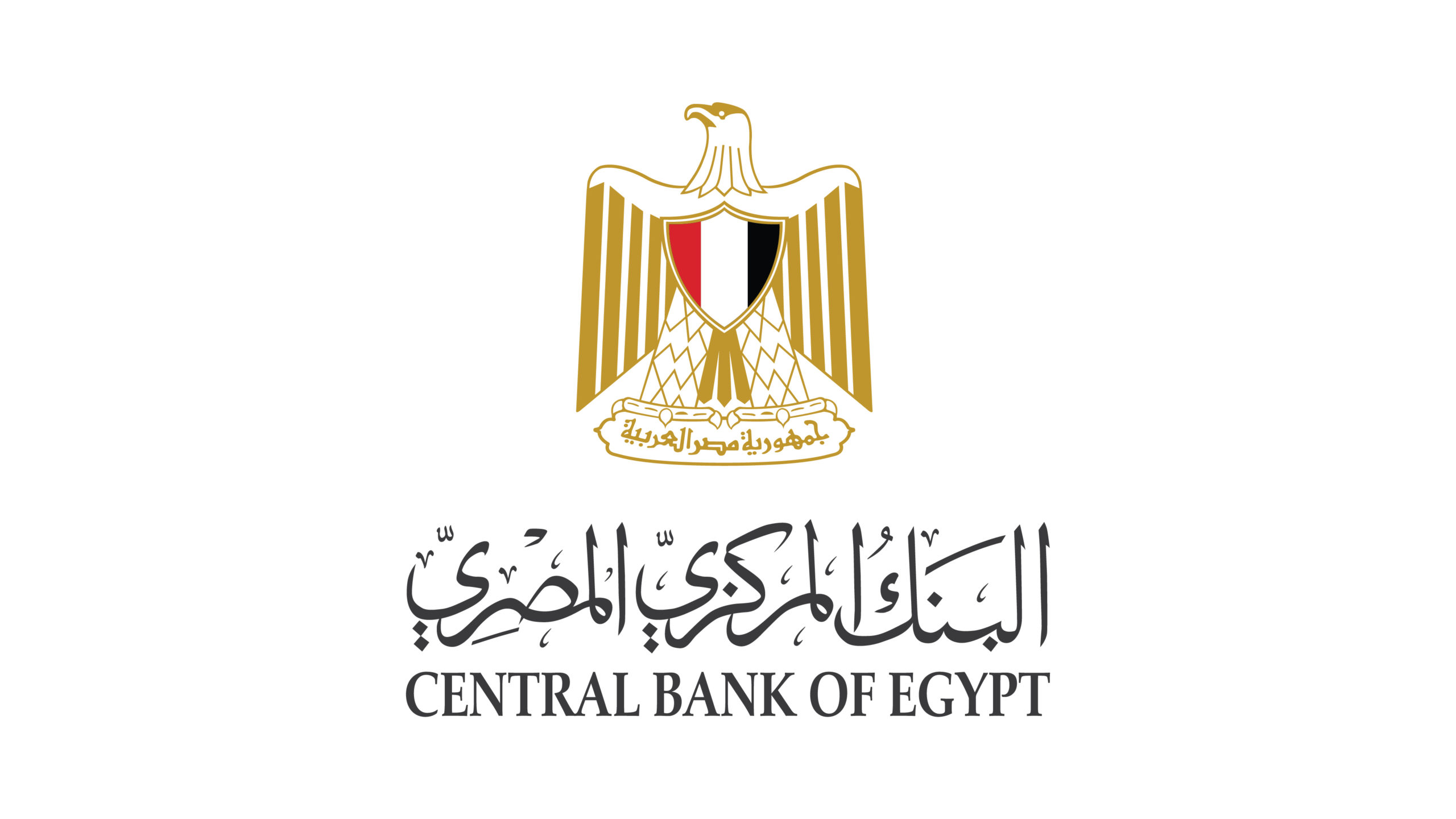Monday, Abdel Fattah al-Sisi visited Oman for the first time after Sultan Haitham bin Tarek Al-Said took office. Wednesday, Sisi moved to neighbouring Bahrain.
Sisi’s visit came days after leaks about a joint Arab-Israeli defence alliance coordinated by the USA to be released in the upcoming US-Arab summit in Saudi Arabia in mid-July within Biden’s Middle East round.
The summit stimulated frenetic diplomatic movements, including Saudi Crown Prince Mohamed bin Salman, Qatari Prince Tamim bin Hamad Al Thani and Emirati Foreign Minister Abdullah bin Zayed’s visits to Cairo. MBS moved from Cairo to Ankara for the first time since the assassination of Gamal Khashoggi in the Saudi Consulate in Istanbul in 2018, of which the Saudi Prince was accused, while Sisi made a Gulf round.
Arab press reports said Sisi’s movements aimed at uniting the Arab vision before the US-Arab summit. Conversely, Egyptian official sources told Egypt Watch that Sisi’s visit to Muscat aimed to send a reassuring message to Tehran that Egypt is not interested in confronting it and Cairo is not participating in the alliance for anti-Iran purposes.
The source added that the visit came after military and intelligence reports told Sisi that most of Egypt’s armed forces and General Intelligence refused the presidential intention to join the regional anti-Iran alliance. According to the sources, Sisi sent the same message during his meeting with the Qatari Prince, whose country hosts the indirect nuclear negotiations between USA and Tehran.
The Egyptian messages came after Wall Street Journal reported a secret military meeting in Sharm Al-Sheikh, gathering senior US, Israel, Egyptian and Arab militaries to coordinate a regional anti-Iran air defence system. WSJ pointed out Sharm Al-Sheikh meeting has led to an initial agreement on an earlier warning system against air threats via phones or computer systems but not high-velocity digital data connection. But Egyptian sources told Egypt Watch that Senior Egyptian militaries fear engaging Egypt in the confrontation with Iran, especially with the Gulf repeated and urging demands and the urgent Egyptian need for Gulf financial support against its critical economic situation.
Against the leaks, Egyptian politician Hamdin Sabahi, who was recently elected as the general secretary of the Arab National Conference, commented that Israel is still hated in Egypt, the same as before Camp David Accords and that the claimed alliance threatens Egypt’s regional power considering Israel would assume the Egyptian status as a leader of regional such coalition. Former US President Donald Trump released the idea of an anti-Iran Arab military alliance and called for Arab Nato. Still, Trump’s suggestion failed before the Biden administration started the current attempt to sponsor a regional alliance involving Israel.





Recent Comments